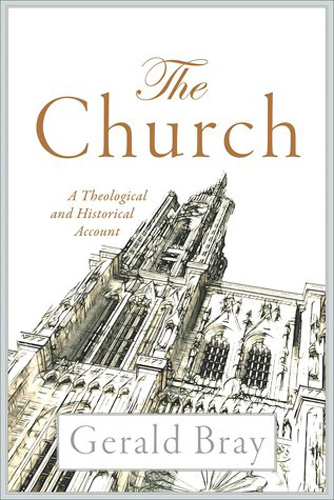Gerald Bray

Gerald Bray
Dr. Gerald Bray holds a BA degree from McGill University and an MLitt along with a DLitt from the University of Paris-Sorbonne. He is the most widely renowned evangelical church historian and, specifically, the evangelical expert on the history of biblical exegesis. He authored the first major textbook on the subject as well as edited four volumes on the history of biblical commentary. With a vast curriculum vitae, he is the Research Professor of Divinity at Beeson Divinity School where he has taught church history and theology since 1993. He has also served as director of research for the Latimer Trust, an evangelical think tank in London. Dr. Bray is an ordained Anglican minister in the Church of England.
A prolific author, Bray has published many scholarly articles and books, including The Doctrine of God in the Contours of Christian Theology series (of which he is also the general editor) and Biblical Interpretation: Past and Present. He served as editor for The Anglican Canons 1529–1947 and Tudor Church Reform, which contains the Henrician Canons of 1535 and the Reformatio Legum Ecclesiasticarum, and for three volumes in the Ancient Christian Commentary Series (Romans; 1-2 Corinthians; and James, 1-2 Peter, 1-3 John, Jude). He edited Galatians, Ephesians, the first volume of the Reformation Commentary on Scripture. His systematic theology God is Love was released by Crossway in 2012, and his historical theology God has Spoken was published in 2014. In 2021 he published a History of Christianity in Britain and Ireland, which is a major study of its subject. He is currently working on a Companion to the 1662 Book of Common Prayer, which will be published in November 2023.
Organization
Samford University Beeson Divinity SchoolEducation
- Master of Letters (MLit) - University of Paris-Sorbonne
- Bachelor of Arts (BA) - McGill University
Doing Theology with the Reformers
The Reformation was a time of tremendous upheaval, renewal, and vitality in the life of the church. The challenge to maintain and develop faithful Christian belief and...
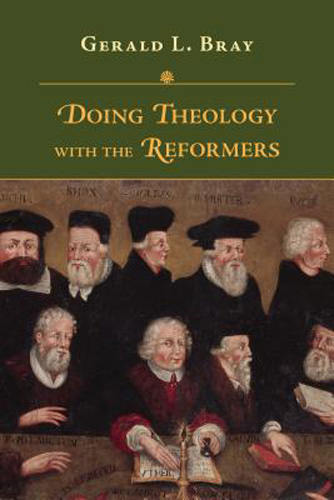
The Pastoral Epistles: An International Theological Commentary
This commentary offers a verse-by-verse theological interpretation of the First and Second epistles to Timothy and Titus. Bray reads the letters as authoritative scripture,...
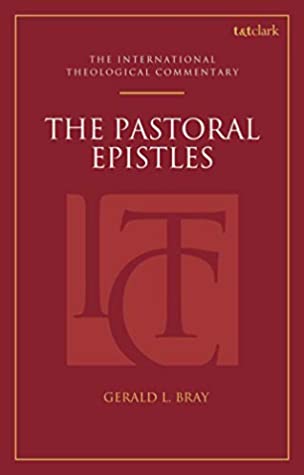
Institution of a Christian Man
Compiled during the early years of the Reformation, Institution of a Christian Man lays out the principles of the nascent Church of England. In his definitive new edition,...
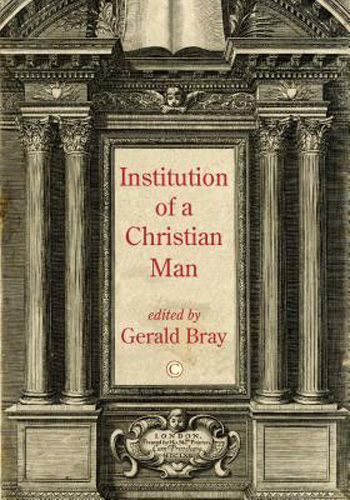
Records of Convocation XX: Index (Records of Convocation, 20)
The convocation records of the Churches of England and Ireland are the principal source of our information about the administration of those churches from middle ages until...
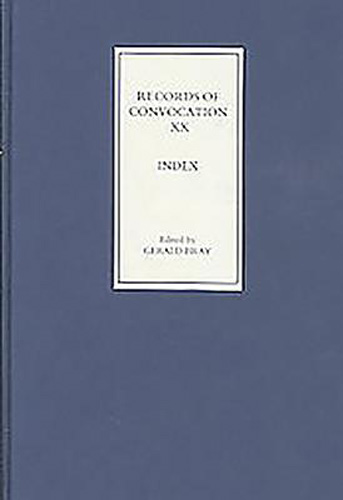
The Books of Homilies: A Critical Edition
The two Books of Homilies, along with the Book of Common Prayer and the Ordinal, have long been basic documents of the Church of England, and are valuable in showing how...
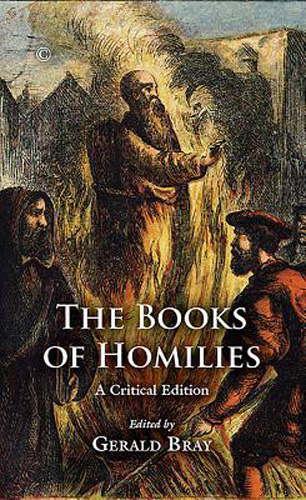
Church
Renowned evangelical theologian Gerald Bray provides a clear and coherent account of the church in biblical, historical, and theological perspective. He tells the story of...
